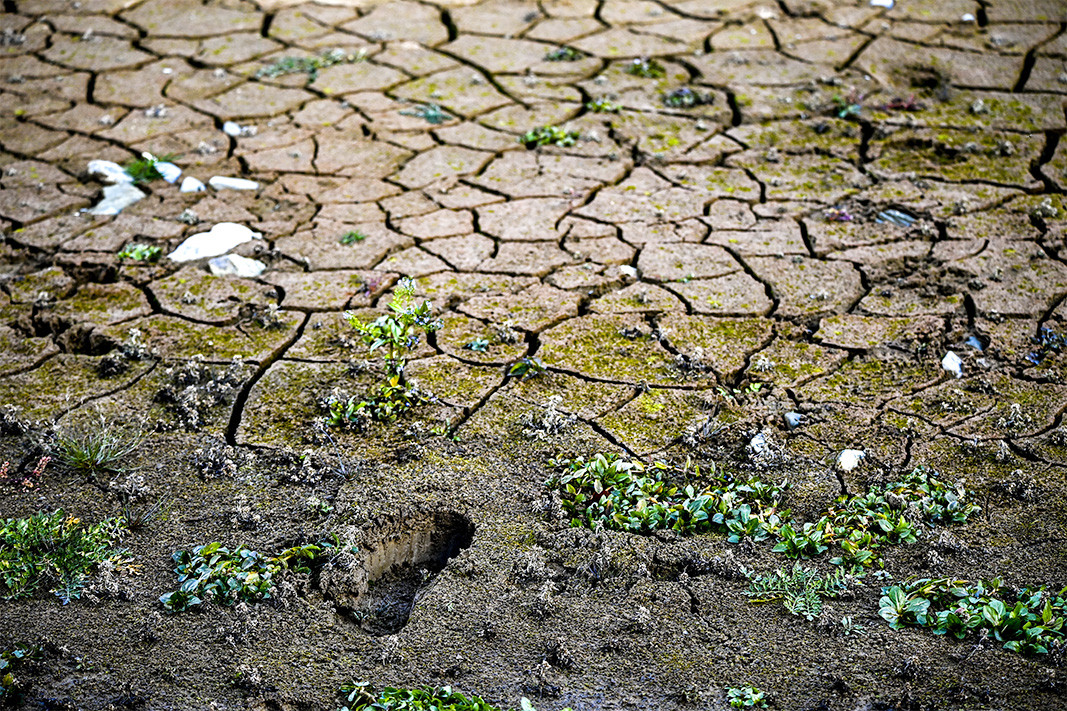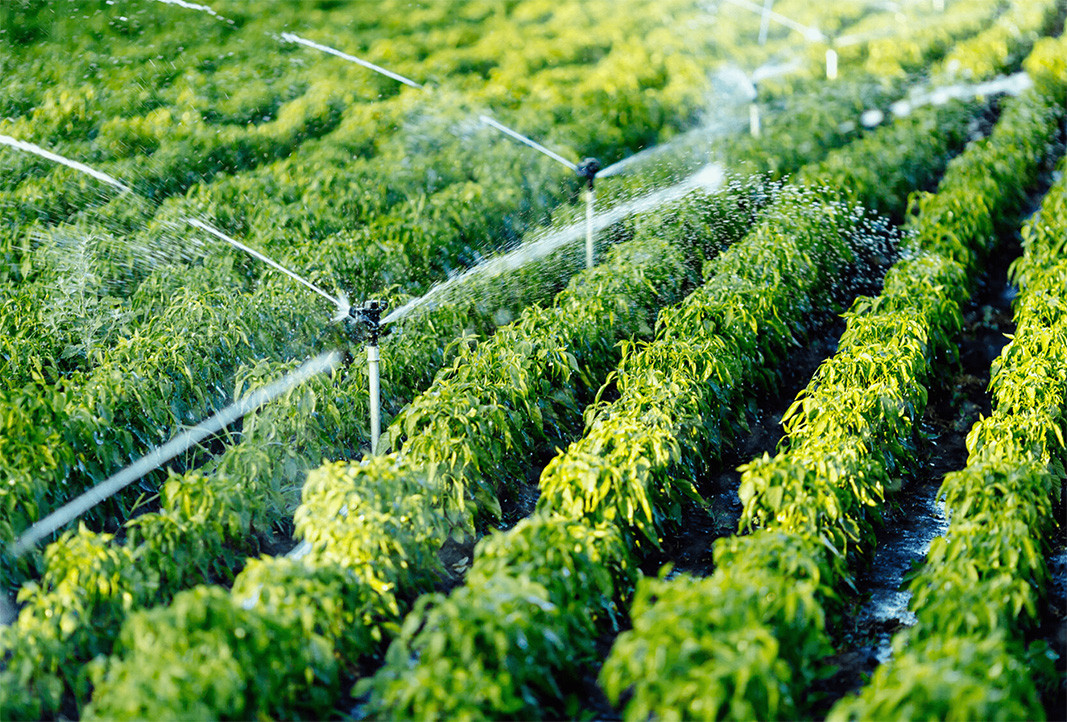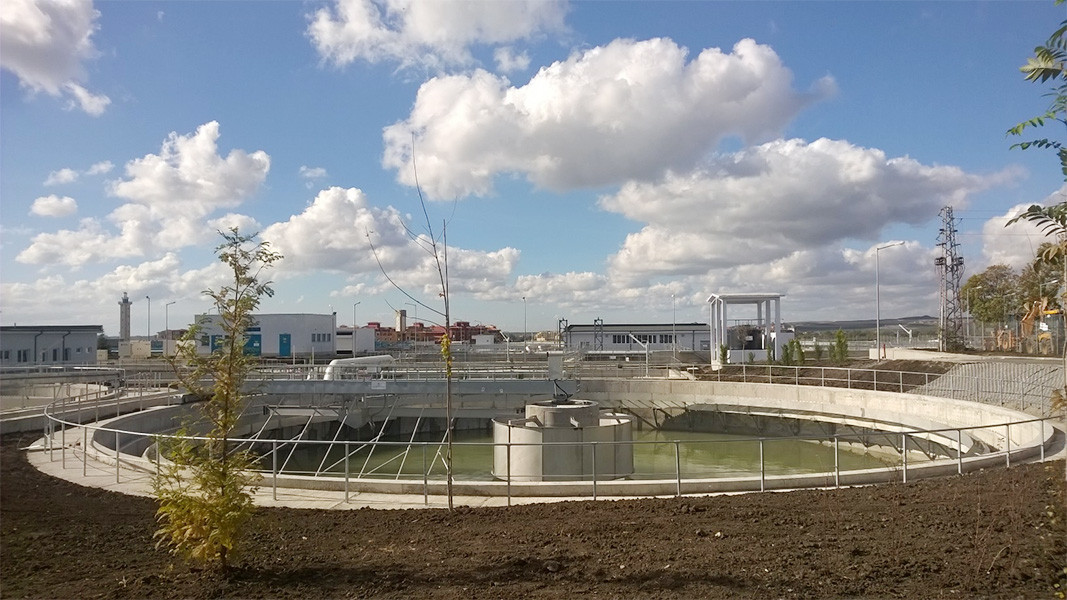Over the next 30 years the demand for water in the world is going to increase by 50%, experts calculate. At the same time around 70% of fresh water consumption is in agriculture. To develop our economy adequately we need to constantly adapt it to the changes taking place in the world, including climate change which is generating more and more challenges. According to climatologist Simeon Matev from the Climateka website “every decade after the 1980s has been warmer than the previous one.”

The situation in Bulgaria is no different.
“Tendencies in recent years have shown an increase in heavy rainfall and longer periods of drought, and this is a clear indication that we need adequate water resource management,” Petar Filkov, Dean of the Faculty of Hydraulic Engineering of the University of Architecture, Civil Engineering and Geodesy says for the BNR’s Horizont channel.

Water reuse is one of the ways to combat agricultural drought. But while in Bulgaria it is an idea with an exotic ring to it, policies in other countries have demonstrated that it is an opportunity that must not be missed. In Israel, for example, more than 40% of the water for agriculture comes from wastewater, Stefan Shilev, lecturer at the Agricultural University in Plovdiv, head of the European Reclaimed Water for Agricultural Irrigation Systems research project said for the BNR’s Horizont channel.
But there are examples of the use of “recycled” water in this country as well, though they are rooted in the personal interest of entrepreneurs, Stefan Shilev explains.

“There are such examples, mostly in rose production. The water, after steam distillation, is reused for irrigating the rose plantations. There is no point in discharging the water into the river if it can be used for irrigation, instead of the farmer having to draw this same water from the river,” Stefan Shilev says. In his words to turn the exception into a rule it will take legislative changes and money. At this time there is no option in Bulgaria – legally and technologically – to use water from purification stations to irrigate farmland. The expert explains that there are some specific requirements that have to be observed in water reuse:

“The European regulation says: the highest standard of water purification is needed for the crops that are consumed raw. Water of the lowest quality is used for technical crops.”
The European regulation which sets down the minimum requirements for reused water for agricultural irrigation comes into effect in two years’ time.
“Until that time we need to develop models to stimulate all interested parties along the line – mainly farmers and companies working in wastewater treatment,” Stefan Shilev says. Such stimuli could include lower fees for issuing permits for reused water use, as well as assistance to companies for the treatment of water for use in agriculture.

Some assistance measures in agriculture could also be targeted at alternative water sources. Drawing on the expertise of other countries in this sphere will help us build more adequate policies in this sphere that will work.
Interviews: Horizont channel
Editing by Miglena Ivanova
Translated from the Bulgarian by Milena Daynova
Photos: BGNES, ec.europa.eu, suwanu-europe.eu and archive
Elena Ganeva-Robles has been living in London for more than 30 years . She was led there by the love of a Peruvian man she met at university in Bulgaria's coastal city Varna. After the fall of the Iron Curtain, the two set their sights on Great Britain,..
Over the past two weeks, fires in Bulgaria have scorched tens of thousands of hectares of trees, damaged dozens of homes in the Strandzha region and charred entire herds. The massive fires in Sakar and Svilengrad alone have destroyed almost 10,000..
The village of Gomotartsi in the region of Vidin has a strange history. It was once located in another place, miles away from where it is now. After a terrible plague struck a large part of its inhabitants, the survivors decided to burn their houses and..
Although the Danube Bridge is currently undergoing repairs on the Bulgarian side, thanks to good coordination, traffic on it has not only not decreased,..
Bulgaria's Nia Parusheva, a pupil from the 26th Secondary School ''Yordan Yovkov'' in Sofia, has won an individual medal for outstanding performance at..

+359 2 9336 661
